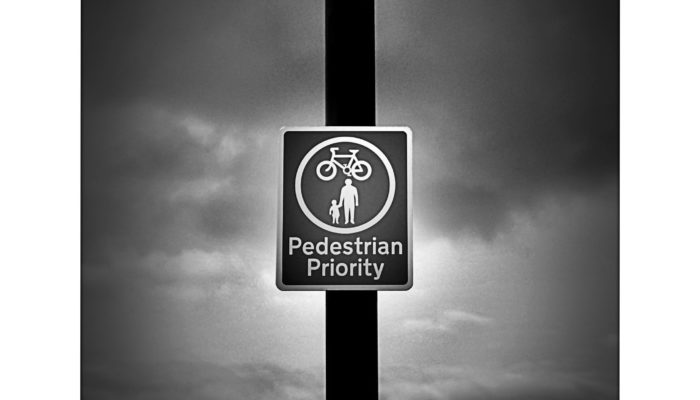
Imagine public transport so good that you’d rather not use your car. Imagine a system that was designed to move people rather than vehicles. Imagine a system that allows people to get wherever they want, whenever they want, without having to adapt their work & leisure to suit the availability or cost of transport.
In ten years, I want a transport system that is affordable for everyone, improves public health and saves the NHS money. A transport system that is quick, reliable and comfortable. A system that 8 year olds and 80 years olds feel safe using. Where instead of stressing in traffic, you can read your book on the way to work.
A system so well organised that buses are faster than cars, and real time information about journey times, parking and bike hire gives people confidence. A system that supports precisely targeted policy interventions such as allowing free travel for specific journeys – carers at work, or apprentices travelling to college.
Unlocking technology through MaaS is the way we build a transport network that can tackle our climate emergency and unleash the talents of people struggling to make ends meet.
An end-user app can draw on the smart infrastructure that controls our traffic signals, transponders on buses and sensors on parking bays. A single app could buy your tickets so buses are faster to use, book your parking space before you get to town, and tell you the best route to walk or cycle. It can even reserve you an eBike. If you don’t have a phone, you can tap in with a debit card.
Mobility freedom for the baby boomer generation meant having a car. Now freedom is viewed as continuing life on the go, being able to use your smart phone. Not having to worry about parking. The flexibility of not being tied to a vehicle.
Owning and running a car costs on average £4,600 per year. If we can get a system that allows people to get to work, get their shopping, and see their friends without using their car, why spend all that money owning a car?
When people want to drive away for the weekend, cheap hire will be available by simply scaling up the existing collectively owned car clubs. This system will make it easy for families to give up owning a second car, or even a car at all. The more people migrate away from cars, the more we can invest in public transport without increasing overall transport spending.
Most transport professionals would share this vision. The big question is how to make it happen. It’s like evolution. Each step along the way needs to be an improvement on what went before. It also needs to be tailored to different types of conurbation. My area includes the urban Newcastle City Centre core, residential districts of North Tyneside and rural towns and villages of Northumberland. Try telling someone who lives in a remote village in Northumberland to cycle to do their shopping! We need to create smart solutions.
The first step in the North East is to get transport powers devolved. We’re starting along that path and I’ll do everything I can to make it happen.
Transport professionals have an important role to play. Be honest, if I asked you to measure urban capacity how many of you would think in cars? It makes sense – most of the modelling packages and guidance is geared around cars. If you only have a hammer everything looks like a nail. If the industry default was to think about moving people instead of cars, it would be a useful step.
As urban density increases, the road space does not. Smart town planning looks at methods around “reachability” like Paris’s aim to be a 15-minute city or Helsinki’s “urban capacity”. Make it as easy as possible for people to get where they are going on foot or bike. If it’s a bit further on public transport. Only when it is necessary by car. And build in multi-modality, so you can take your bike or eScooter on public transport.
The climate emergency is happening now. We need to create a transport system based around people, not cars.
About the Author
This post was written by Jamie Driscoll. Jamie is the Mayor of the North Tyne Unitary Authority
